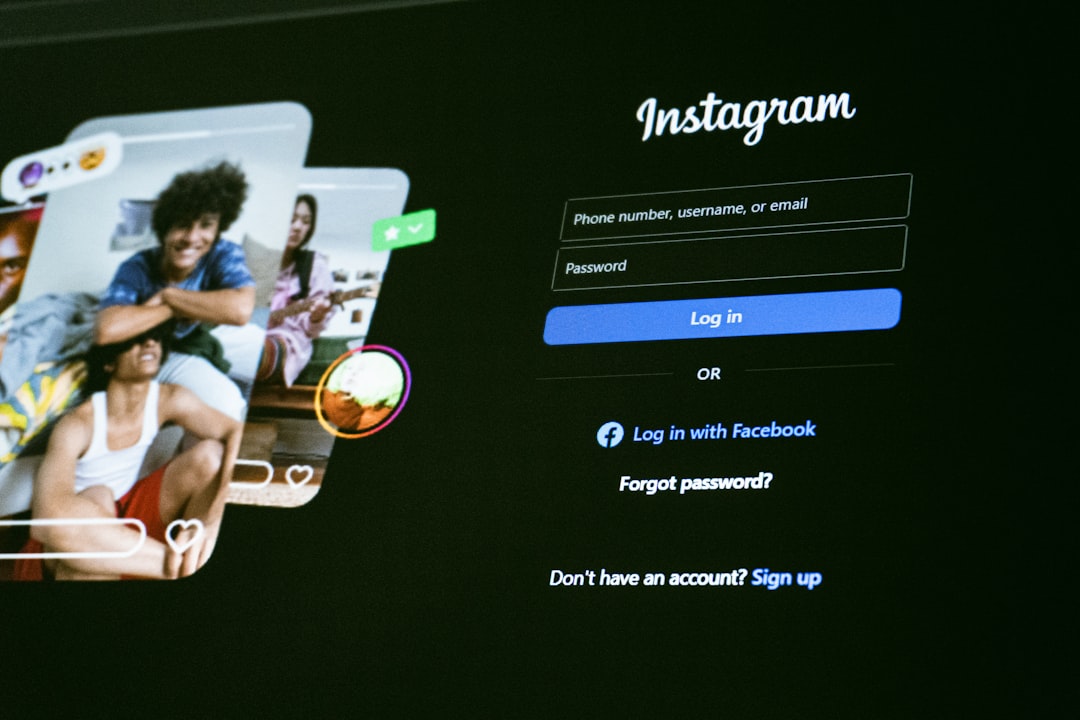Web scraping is an essential technique for gathering vast amounts of publicly available data from the internet. Whether you’re building a competitive analysis tool, training machine learning algorithms, or monitoring market trends, scraping data efficiently and ethically is crucial. However, many developers encounter a common obstacle: websites blocking scraping attempts. To avoid IP bans, rate limits, and CAPTCHAs, it is vital to equip yourself with the right tools and strategies. This article provides a detailed overview of the most effective tools for web scraping without getting blocked.
Contents
The Challenge of Anti-Scraping Mechanisms
Most websites have defenses against automated traffic. These include:
- Rate limiting: Blocking after a certain number of requests per minute.
- IP blocking: Denying access from identified scraping sources.
- CAPTCHAs: Requiring human validation before loading content.
- Browser fingerprinting: Recognizing automation tools like headless browsers.
Fortunately, there are tools that can help you navigate these mechanisms without raising red flags.
1. Rotating Proxy Services
Using the same IP address repeatedly is a surefire way to get blocked. A rotating proxy service allows you to make requests from thousands of IP addresses across different geographic regions, mimicking normal traffic patterns.
Recommended tools:
- ScraperAPI: Automatically rotates IP addresses and bypasses CAPTCHAs.
- Bright Data (formerly Luminati): Offers residential, mobile, and datacenter proxies with high anonymity.
- Smartproxy: Known for cost-effective and reliable proxy pools.

2. Headless Browsers with Browser Automation
Many modern websites rely heavily on JavaScript to display content. Traditional HTTP requests can’t always handle these dynamic elements. Headless browsers simulate real user behavior and render JavaScript seamlessly.
Recommended tools:
- Puppeteer: A Node.js library that controls Chrome or Chromium for dynamic rendering and interactive workflows.
- Selenium: Supports multiple browsers and is widely used for both testing and scraping tasks.
- Playwright: Offers multi-browser support and superior stealth features.
Combining headless browsers with stealth plugins can significantly reduce the chances of detection by mimicking human interaction more closely.
3. CAPTCHA Solving Services
CAPTCHAs are among the most persistent anti-bot defenses. When a server detects suspicious activity, it might issue a CAPTCHA challenge. Solving these automatically is non-trivial but possible with specialized services.
Reliable options include:
- 2Captcha: A human and AI hybrid CAPTCHA-solving service.
- Anti-Captcha: Supports all popular CAPTCHA formats including reCAPTCHA and hCaptcha.
- CapSolver: Known for its fast and affordable CAPTCHA-solving API.

4. User-Agent Randomization and Header Spoofing
Static request headers and outdated user-agent strings are tell-tale signs of bots. By rotating your headers and user agents with every request, you can evade many filters designed to detect automated tools.
Tools to consider:
- Fake Useragent Library (Python): Generates random and realistic user-agent strings.
- BrowserMob Proxy: Allows customizing HTTP headers dynamically.
- Scrapy Middleware: Easily integrates with Python-based scrapers for rotating headers.
5. Delay and Randomization Mechanisms
Human browsing is inconsistent; scraping operations should reflect that irregularity. Implementing random delays between requests helps mimic natural usage patterns and avoid triggering rate-limit systems.
Many scraping frameworks offer built-in support for delays. You can also write custom functions to add realistic wait times based on content size or system performance.
6. Web Scraping Frameworks with Built-In Anti-Ban Features
To make scraping more efficient and less detectable, choose a framework that includes built-in anti-detection mechanisms.
Top choices:
- Scrapy: Python-based framework with middleware for retries, user-agent rotation, and proxy integration.
- Apify: A cloud-based platform with extensive tools for stealth scraping and scheduling.
- Octoparse: No-code scraping tool with IP rotation, CAPTCHA solving, and scheduling support.
Final Thoughts
Scraping responsibly and efficiently requires more than just writing scripts; it’s about understanding how websites defend themselves and adapting your scraping behavior accordingly. By leveraging the right tools—rotating proxies, stealth browsers, CAPTCHA solvers, and smart headers—you can continue to collect valuable data without drawing unnecessary attention.
Always ensure your scraping activities comply with the website’s robots.txt guidelines and terms of service. Ethical and legal considerations are just as important as avoiding detection.
With these tools and practices in place, your web scraping projects will become more robust, scalable, and resilient against blocks.

